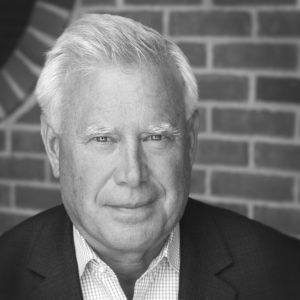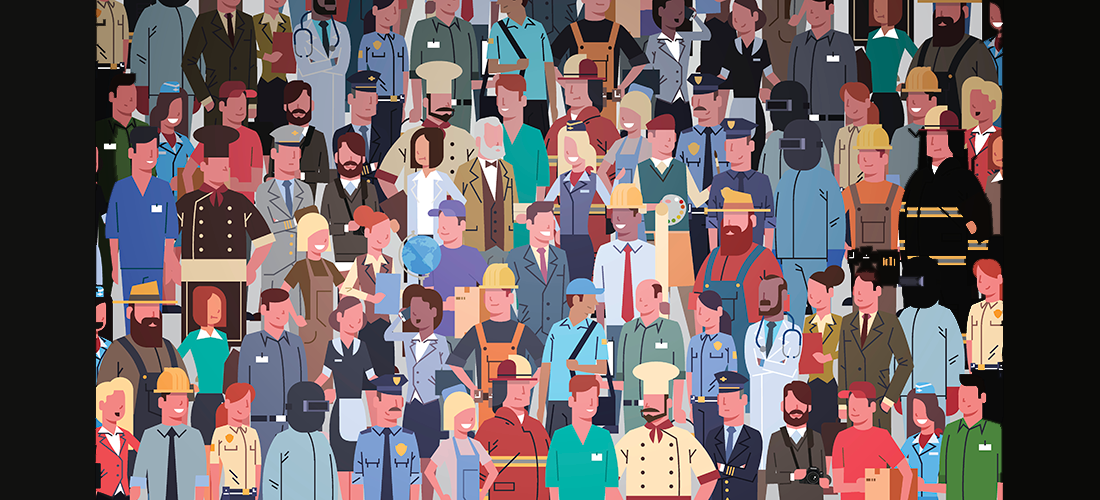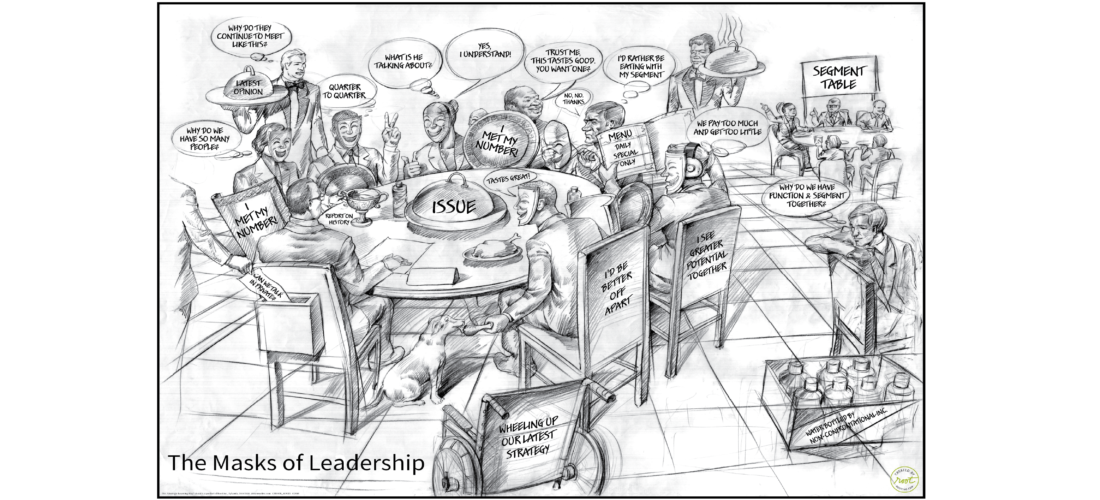When we started Root 30-plus years ago, we really didn’t know exactly where our adventure would take us. Our future state was a work in progress. The journey took many twists and turns. However, what we did know is what we stood for and why it mattered. We wanted to create an environment – both at Root and with our partner organizations – where every single person felt like they were a part of a team and had the chance to contribute. We were passionate about our aspiration to awaken the sleeping giant of human talent that existed in most organizations, around the corner and around the world.
Everyone Wants to Feel Valued
From our own experiences, we knew that the most successful companies, organizations, and communities had a culture where every person feels valued. Where every person, no matter what their position, feels they had a chance to make a difference. We saw firsthand that when you appeal to the highest level of thinking in people, you get the highest level response. We believed in the latent and untapped capability of people and saw employees/team members/associates as a potential giant wave of human possibility just waiting to be set free. So much so that early on we cheered when senior leaders were dumbfounded at the untapped intelligence of their people, their amazing curiosity about their business, and the authentic care they had for each other and the success of the organization.
At the core of our beliefs, we felt strongly about the fact that people wanted to do more, be more, commit more, innovate more, contribute more, and be valued for their ideas. We often commented that we wanted to help people get off the bench and into the game of their business-day lives to help them be part of something that was bigger than themselves, and to be part of the team creating exceptional results.
Human Capital Is Invaluable
We’ve also always had a strong belief in unleashing the dormant human capital in organizations. This is just a fancy way of saying that we believe in making a stand for people who didn’t have a voice – or didn’t have a voice that was recognized, respected, or sought out.
One of the most memorable experiences in our early days took place at a well-known Fortune 500 company. We saw people engage in robust dialogue about the future of their business and identify actions to create a better business for the customers they served. Root was there to help ensure that everyone understood the impending changes coming to the business and to make sure that the customer was the main focus and didn’t get lost in the shuffle. A leader whispered to us at the back of the room, “Welcome to the church.” What she was highlighting was how the spiritual experience that occurs when taking a stand for people who don’t have a voice reveals how much they have to offer, and how powerful unleashing that voice could be for the business.
In the face of the recent global health pandemic and the “Great Resignation,” which has triggered permanent shifts in how and where people work, now is the right time to reiterate key principles that typically form the foundation for organizational values and purpose.
Six Key Principles to Organizational Values and Purpose
1) To Lead Is to Serve People – To lead is to serve with the mindset that it is both a privilege and a noble act to truly serve another human being. To serve is to be focused on helping people become more confident , capable and able, and believing in them long before they believe in themselves. Serving begins with listening to people. And listening to people usually leads to the insight that the best way to support another human being is by stepping back so they can step up with confidence. Being selfless is one of the hardest things you will ever do as a leader, and it requires constant, conscious competence.
2) Appeal to People’s Highest Level of Thinking – Treat people with the belief that they are only contributing 50% of their capabilities and that it is your responsibility to appeal to their highest level of thinking to unlock the other 50%. You will never know how good someone is until they stop improving, which means that there are always additional capabilities to be unlocked.
3) One Person Can Change the World – It can be difficult to believe one individual or small group can make a difference. Our minds and our hearts are in the right places, but what can one person do? Turns out, quite a lot. Each person has the power to set an example and inspire others – and that has the potential to affect the outcome of any and every situation. Change has always started with one person taking a stand for a better way.
4) Invite People to Co-think – The greatest respect you can have for another person is to care about what they think. Dignity and respect for another human being flows from inviting others to co-think, rather than telling or suggesting to them what to think. Being curious about what others think and seeing them as creators of new and better ideas is at the core of valuing the creative abilities of other people.
5) Stand Up for People Who Don’t Have a Voice – There is a quote about human potential that reads something like, “born a man, died a grocer.” It is sad how often people get stereotyped based on what they do and not who they are! People have an amazing array of talents, skills, and capabilities. Leaders who advocate for people to have a voice that reveals all they have to offer create a culture that is constantly finding new ways to honor and value people for the amazing bundle of talents they can offer to any organization that liberates their voice.
6) Value Each Person for Who They Are – We have little trouble seeing it when a child is born – there is no question about whether they are of value. In fact, we use words like invaluable, priceless, precious, and irreplaceable. A culture of dignity and respect is one where someone is valued for who they are.
Together We Are Powerful
I’ve seen the above principles have the power to help awaken the sleeping giant of human possibility, even in unprecedented times like today. The truth is that as leaders, we are almost entirely ineffective alone. But when we let go of our ego and realize the power of listening and empowering rather than directing and telling, we create something more innovative, more intelligent, and more powerful together than we ever could have created alone.
Where are you? Are you ready to awaken your organization’s sleeping giant?









